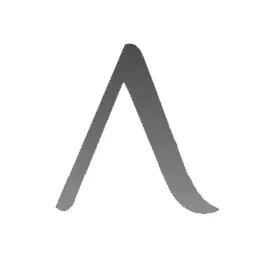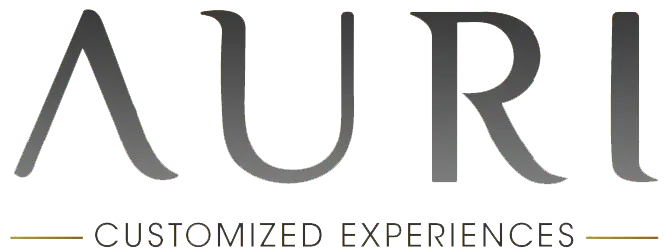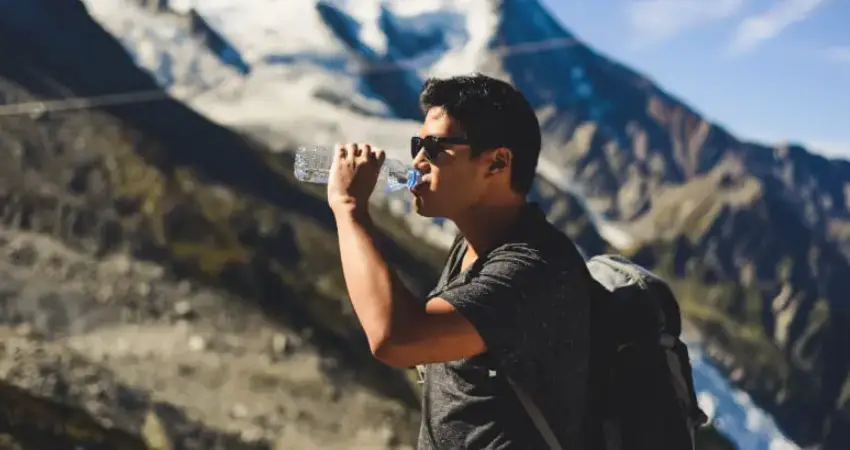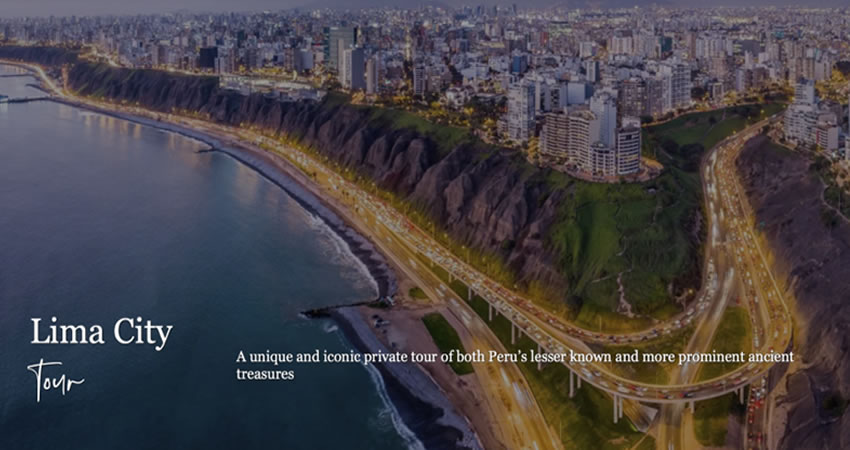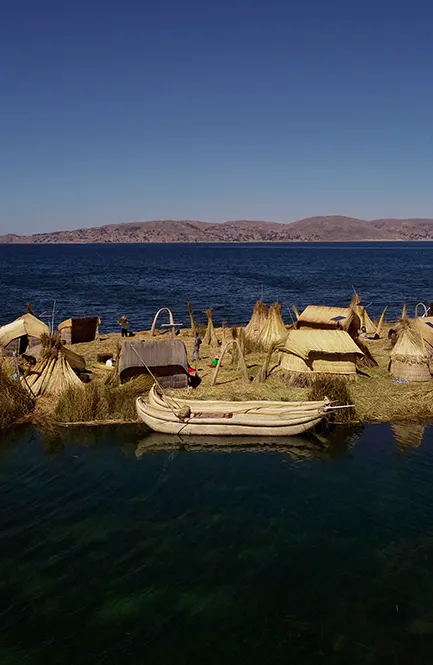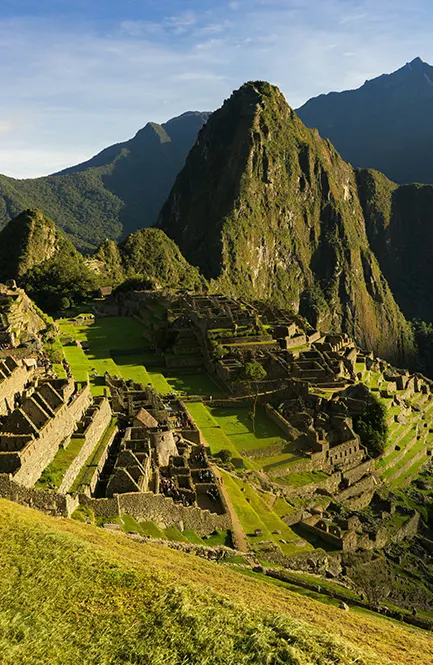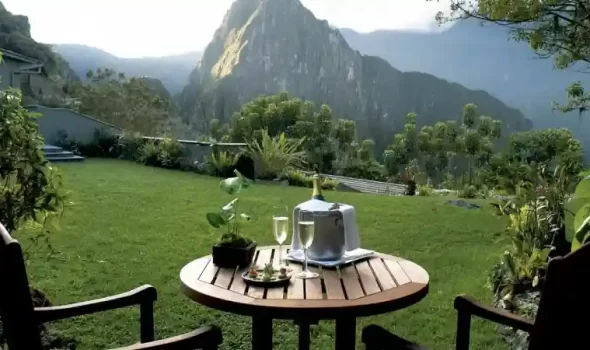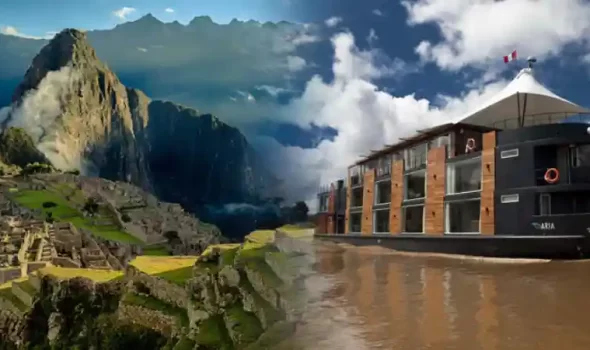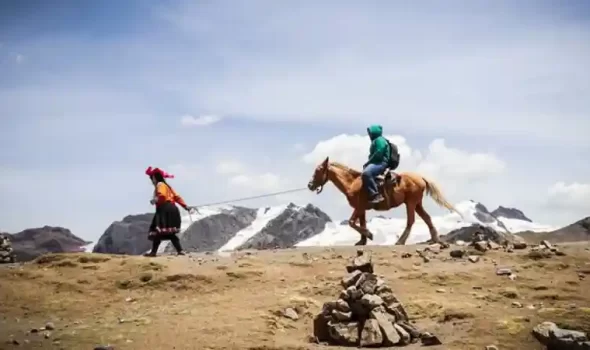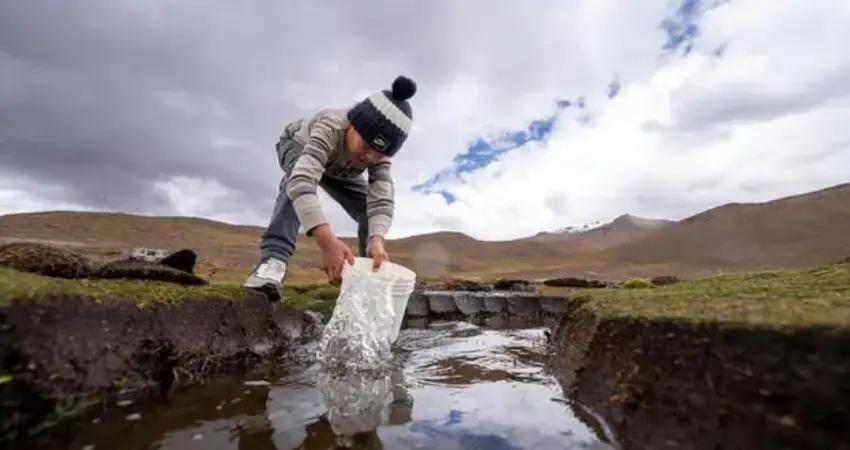
1- OVERVIEW OF WATER IN PERU
Drinking Water in Peru is one of the fundamental resources for the development of the country, however in Peru it represents a complex challenge due to the great geographical diversity it contains, this causes an irregular distribution of water resources in addition to multiple threats that water sources are constantly facing. It is generally known that Peru contains diverse water sources such as rivers and lakes, but adequate access to Drinking Water in Peru is an important aspect at the urban and rural level.
2- National water infrastructure
Water in Peru is obtained through the complex water infrastructure that is structured by reservoirs, canals, treatment plants, sewage networks and distribution systems that constantly face great challenges due to the geographical variety that exists from the mountains in the Andes to extreme places such as the coast or the Amazon. In large cities such as Lima, Arequipa or Cusco the infrastructure that can be found is modern so access to Drinking Water in Peru is more efficient, however there are always problems of equitable distribution as well as water quality measurement, It is known that in remote rural areas the water infrastructure is deplorable and the Drinking Water in Peru system is completely inadequate, so alternative sources are sought to supply this important element.
3- Overview of water treatment systems
Thanks to the progress made by the water treatment centers in Peru, access to Drinking Water in Peru has been improving considerably in certain urban areas, this treatment involves filtration, disinfection and in many cases desalination, mainly in coastal areas. Unfortunately this has meant that the quality of service in many rural areas is lower and in certain areas of the Andes and the Amazon the treatment is more limited, so the accessibility of Drinking Water in Peru is less.
4.- Urban vs. rural areas
In urban areas it is easier to have direct access to Drinking Water in Peru, essentially in highly populated cities such as Lima, Arequipa, Cusco, Trujillo and others where the percentage of investment has also been significantly higher. On the other hand, there are gaps in terms of distribution and quality where human settlements or areas far from urban centers have a more limited access to Drinking Water in Peru with established schedules, according to a study conducted it is known that about 25% of the rural population does not have direct or adequate access for the consumption of Drinking Water in Peru so they must resort to untreated water sources which can expose their health to bacterial or viral contamination.
5.- CONTAMINANTS IN DRINKING WATER IN PERU
5.1.- Bacteria and Viruses
Drinking Water in Peru is fit for human consumption as long as it has been properly processed, however it can always be exposed to biological contamination which is commonly the problem it faces permanently, this specifically in rural areas where the treatment of Drinking Water in Peru is limited, among the main viruses or bacteria that can affect Drinking Water in Peru is Salmonella as well as other pathogens that produce gastrointestinal diseases such as diarrhea and severe pains.
5.2.- Chemical contaminants
It is common for agricultural activities to also use certain elements such as fertilizers and pesticides which can end up dispersed throughout the place and contaminate water sources such as rivers or groundwater, illegal mining is also a factor that is considered in this aspect because when using minerals such as mercury, illegal mining is also a factor in this aspect since the use of minerals such as mercury, arsenic and cyanide for the treatment of metals such as gold and silver cause the waters that flow through rivers, lakes or other water sources to be affected by these contaminants and endanger the health of the people who use them as a resource.
5.3.- Natural sediment
Natural sediments are also a factor that can affect water quality. This essentially occurs in high altitude areas such as the Andes where soil erosion, deforestation and climate change itself have caused considerable sediment that can end up in rivers, making the treatment system increasingly complicated.
6.- CAN YOU DRINK TAP WATER IN PERU?
In general the answer is no, although in many countries of the world this is a usual or normal custom in Peru the situation is completely different because the Drinking Water in Peru must first go through a treatment process. Even being in the main cities like Lima, Arequipa and Cusco it must be remembered that the quality of the distribution system and the state of the pipes are not always the best so the water that flows through the pipes is not for direct consumption.
6.1.- Contamination
This is a constant problem that occurs in remote areas, mainly in rural areas. In these places the water is not properly treated and there is a risk that it may be contaminated with bacteria, viruses or parasites such as salmonella, which causes gastrointestinal diseases.
6.2.- Poor infrastructure
In large cities the problem occurs with the distribution pipes which in many cases are old and may be in poor condition causing secondary contamination and even if the water was properly treated in the treatment plants.
6.3.- Deficits in the treatment system
In many rural areas, water treatment systems are known to be inefficient and the quality of Drinking Water in Peru in these areas is not suitable for direct consumption.
7.- DRINKING WATER IN PERU TIPS
“To be completely safe in the consumption of Drinking Water in Peru, consider preferably using bottled water that has been properly treated, if your accommodation allows you can also consume boiled water, remember never drink water directly from the pipe.”
8.- DRINKING WATER IN PERU CONSUMPTION OPTIONS
8.1.- Bottled Water
Due to the lack of accessibility for the consumption of Drinking Water in Peru, the immediate solution for many families and travelers is to consume bottled water, which at the same time is the most popular alternative for people looking for safe and clean water. Essentially among the well-known brands you can find Cielo, San Luis, San Mateo, Benedictino and many others that little by little are declining in terms of quality, however all of them comply with the sanitary regulations governed by the country. This type of consumption of Drinking Water in Peru is allowed because it is subjected to a specific purification process that includes filtration, ozonation and disinfection with chlorine or ozone, which allows the water to become suitable for human consumption.
Unfortunately this option involves a severe environmental impact due to the excessive use of plastic, in fact it is known that every year millions of bottles end up discarded without going through the proper recycling process which ends up causing pollution by plastic waste so that over time has prompted many companies to have alternatives with eco-friendly packaging and reusable bottles that during the last decade has become more important.
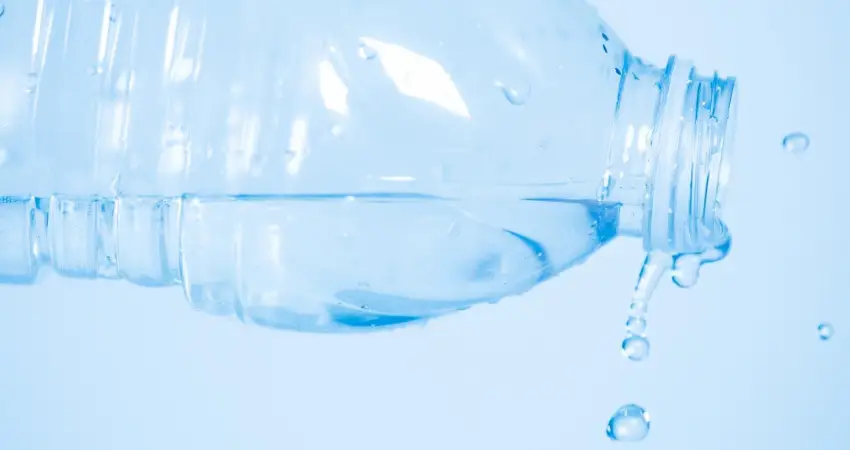
8.2.- Boiling Water
This is considered the simplest and most accessible option that people have to access to consume Drinking Water in Peru, is a practice that is essentially used in rural areas where water treatment is not reliable, this process is actually quite effective in destroying pathogens such as bacteria, viruses or parasites that may be present in the water, however you can always find conditions such as the case of cities at high altitude in Cusco or Puno where it is recommended to extend the boiling time a little longer for safety reasons.
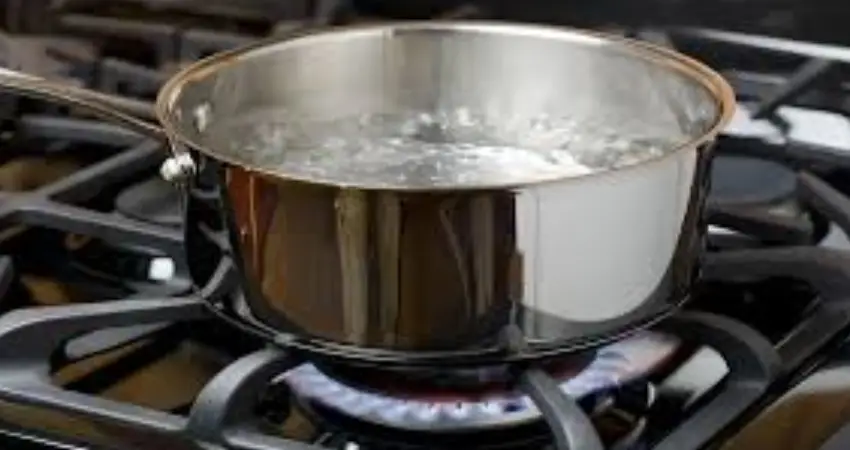
8.3.- Water purification tablets
There is also a much more efficient and faster scientific way nowadays, it is the use of water purification tablets that are used in emergency situations when traveling to rural areas where it is very difficult to have access to Drinking Water in Peru. Usually these tablets are made with different elements.
8.3.1.- Chlorine Tablets
Chlorine tablets are the most common and at the same time economical and are used directly to eliminate residues and pathogenic elements from small portions of water for personal consumption only.
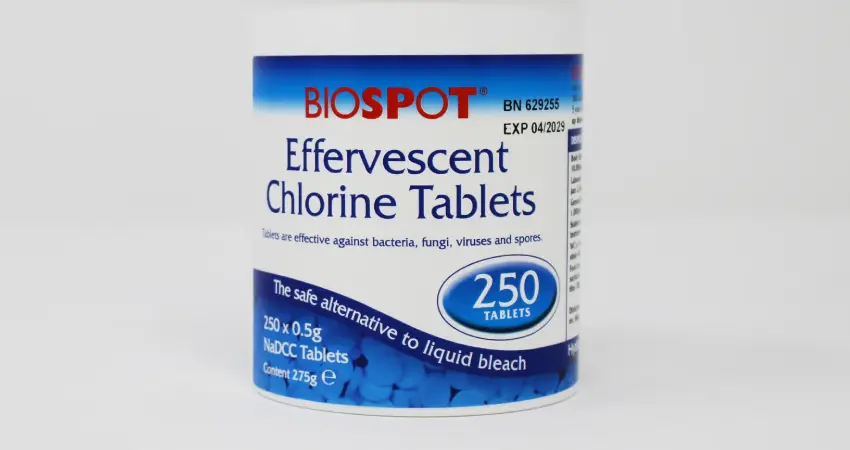
8.3.2.- Iodine tablets
These have a more powerful effect when purifying water, however they leave a residual taste. They are not recommended for long periods of time, only exceptionally.

8.3.3.- Chlorine dioxide tablets
Recommended for use when the water is known to have been exposed to a large amount of contaminants, they are quite effective in eliminating them quickly and safely, however they are more expensive to obtain.
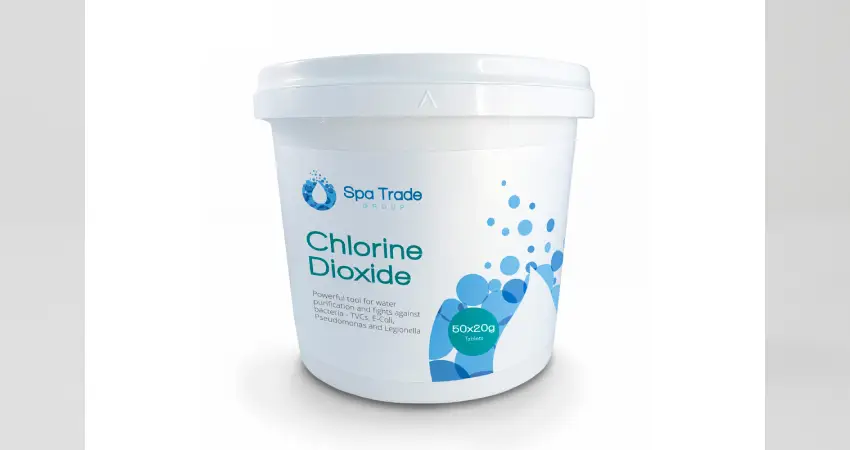
| “Not all who wander are lost, some are just finding themselves.” |
9.- FAQs
- Is it safe to drink tap water in Peru?
No, the water that flows through the pipes has been treated, however it still contains certain elements that can be harmful to health. For this reason it is recommended that it is first boiled to the boiling point and then cooled and consumed directly.
- What are the risks of drinking untreated water?
It can cause many ailments, essentially gastrointestinal problems as the water may be contaminated by elements such as bacteria, viruses or other chemical components.
- Can I brush my teeth with tap water?
Yes, tap water is useful for various things such as personal hygiene, however it is important to remember that no matter what happens you should not drink it directly unless the establishment in which you find yourself has an adequate purification filter, it is important to investigate before doing so.
- Where can I buy safe bottled water?
All stores provide this element, even in your own accommodation you can find these options directly.
- How effective are water purification tablets in Peru?
They are useful and effective for exceptional cases, although they help with water purification, it should be taken into account that it should not be consumed in a prolonged manner as it can be harmful to health.
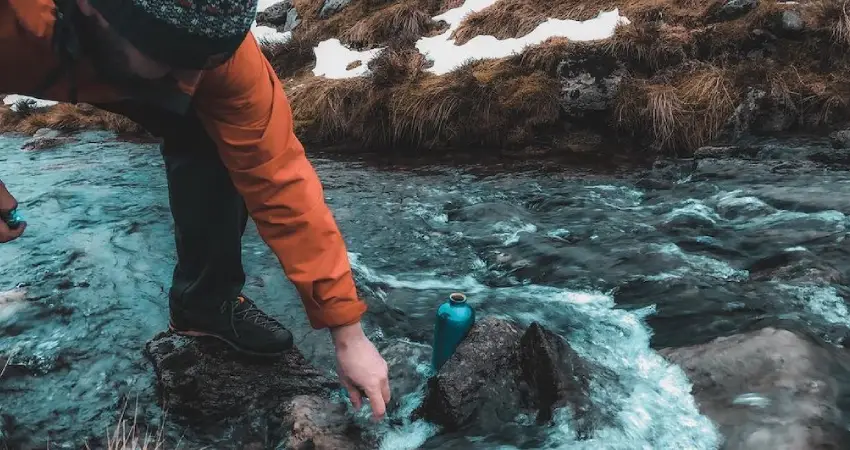
Knowing everything related to Drinking Water in Peru is important for your 2025 trip to be safe in more than one aspect. Auri Peru seeks to bring you comfort and safety from beginning to end in your next adventure so you don’t have to worry about any detail, contact us now together and we will leave something special for you.
“Don’t listen to what they say, go see.”
